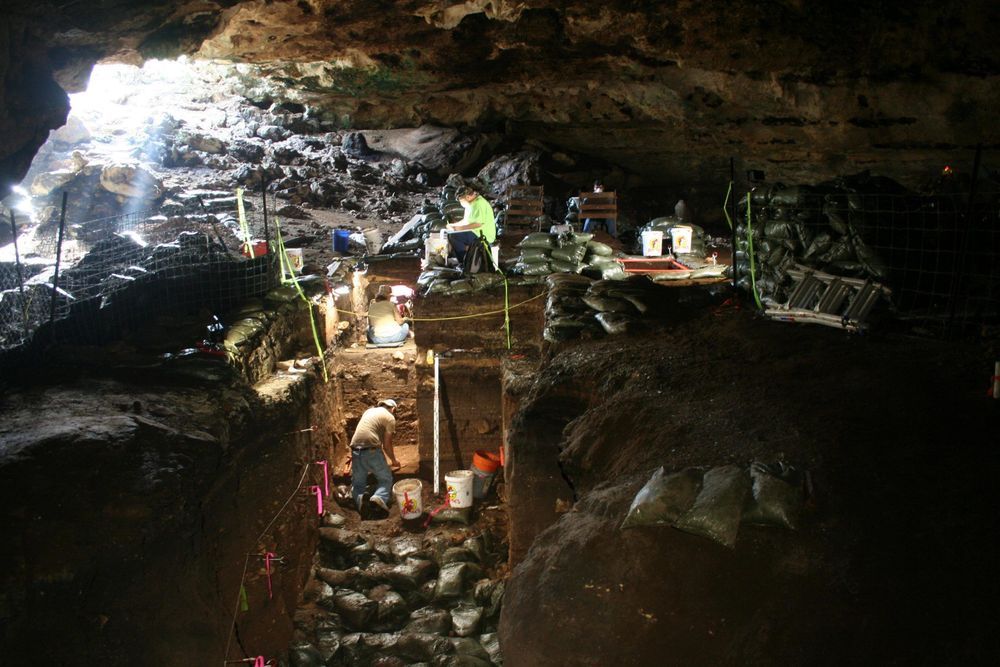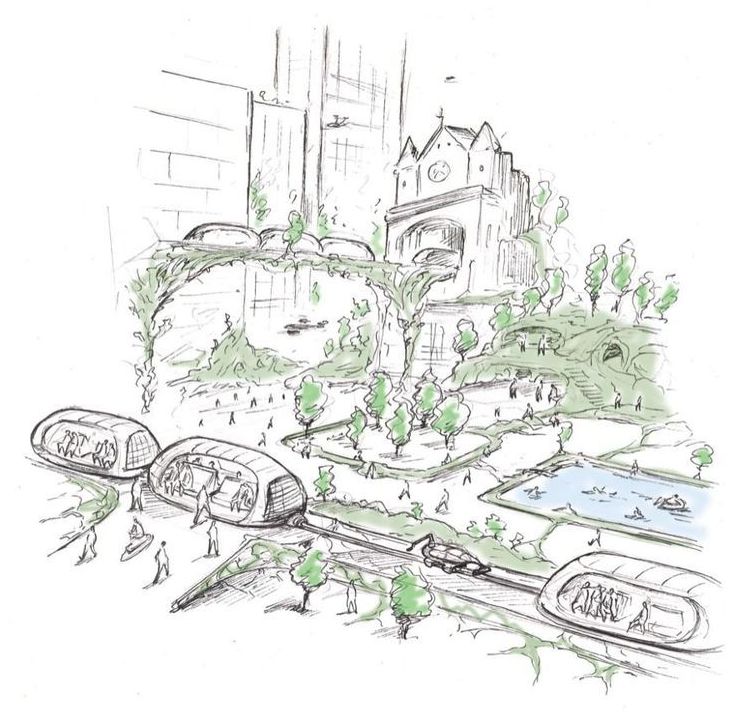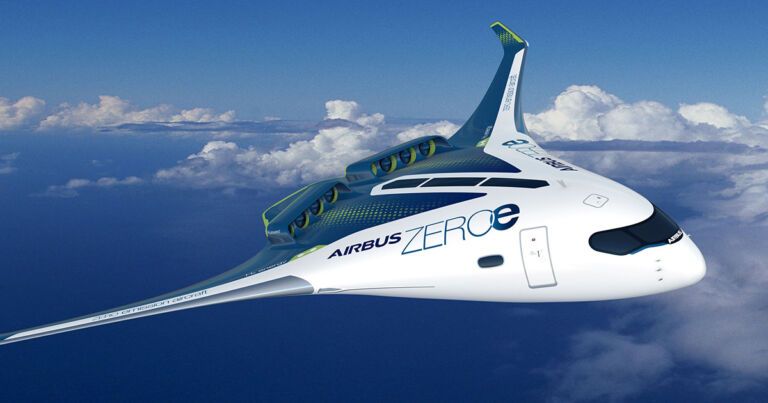This video shows how holographic storage works, using green light to write data as a persistent hologram inside an optical crystal. The data can then be read…How does holographic storage work?
See a home you can live in, make a living out, and grow most of your food in too, the ultimate bug-in or bug-out location — on Mars — here on Earth, or just about anywhere! That is why I call it my Universal Habitat. This is a very low ecological footprint home that can be beautiful, almost no energy cost to maintain, could be built affordably, and be resistant to many natural and man-made disasters such as tornadoes, fire, radiation, and worse. This is the ultimate self-sufficient bunker/fortress.
You can support Galactic Gregs by supporting the sister channel Green Gregs by clicking the links below:
See the Special Deals at My Patriot Supply: www.PrepWithGreg.com
Awesome deals for long term food supplies!
For gardening in your Lunar habitat Galactic Gregs has teamed up with True Leaf Market to bring you a great selection of seed for your planting. Check it out: http://www.pntrac.com/t/TUJGRklGSkJGTU1IS0hCRkpIRk1K







